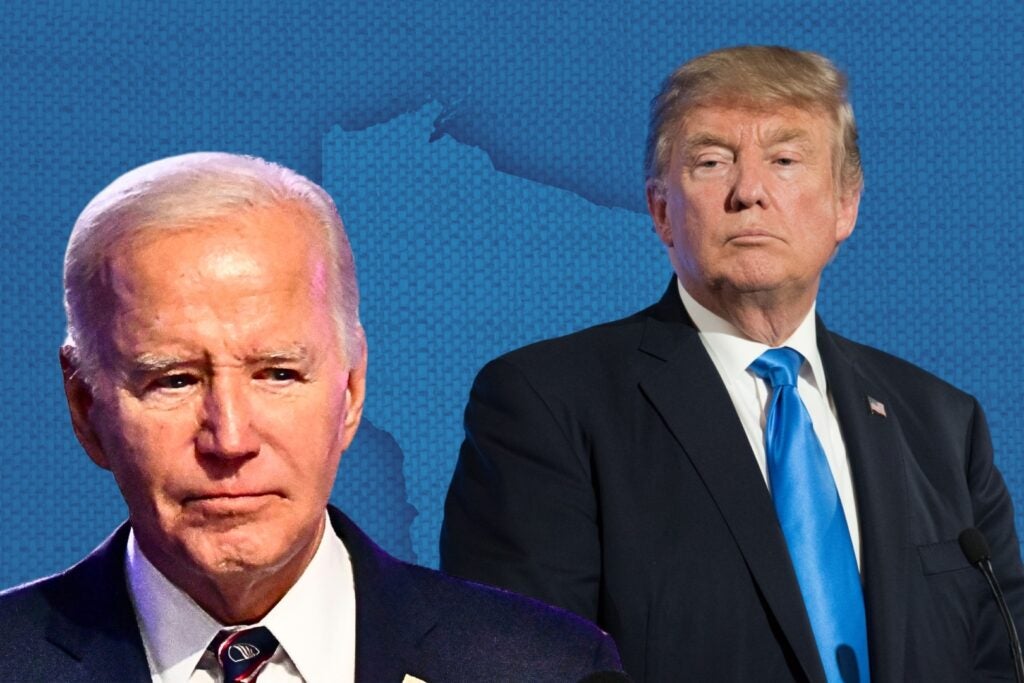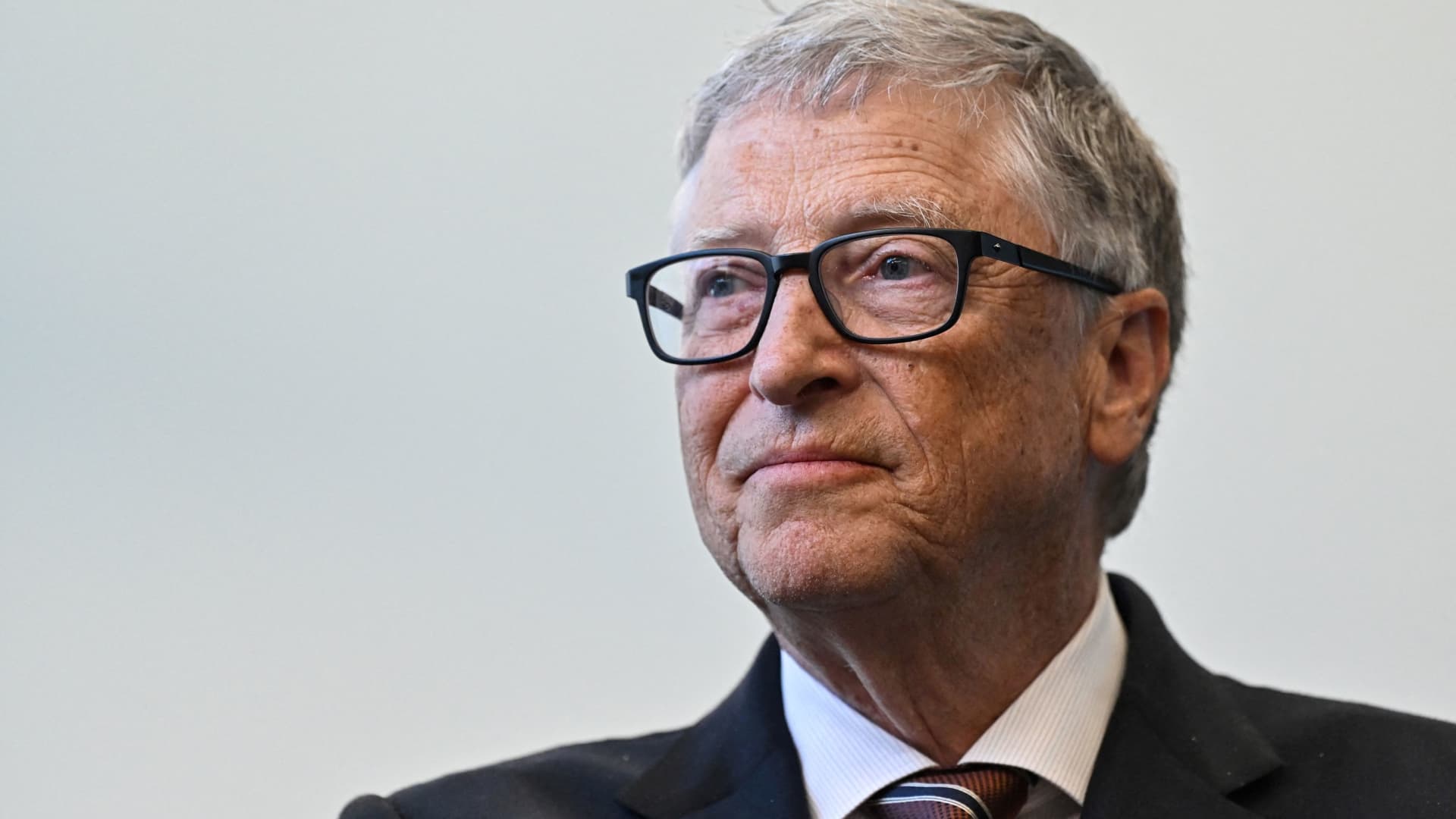Topline
Companies have launched elaborate April Fools’ joke campaigns and fake products in an effort to increase brand awareness in an increasingly online world for as long as the internet has been around—and 2024 was no different, with some of the buzziest jokes going viral.
Key Facts
Tinder linked to a job posting for its “Vice President of Ghost Hunting,” a role designed to “spearhead Tinder’s new ghost-hunting strategy to address and reduce overall ghosting behavior” with skill requirements including a “proven track record of being ghosted in a previous relationship” and “references (who will actually text back.).”
The Empire State Building teased a new addition to its 86th floor: “the World’s Highest Rainforest Cafe.”
Lee Kum Kee, which makes sriracha, introduced a Sriracha Mayo toothpaste for people to “freshen up and keep those cavities away with a bold, spicy flavor built for top tier oral hygiene.”
Amtrak used the holiday to introduce an emotional baggage train car and encouraged users on X, formerly known as Twitter, to “tag a friend who needs a lift—we can handle it.”
Subway posted on X it was introducing “the sub u never knew you needed:” the Gherkin Grinder, which appeared to be a sub sandwich on a bun made of a pickle.
Probiotic soda company Olipop announced a collaboration with chipmaker Pringles for a gut-healthy sour cream and onion flavored soda, calling it the “collab of a lifetime.”
Tangent
Billionaire and outspoken Disney critic Elon Musk took to X this morning to joke that he was the new “Chief DEI Officer” at Disney, saying he “can’t wait to work with Bob Iger & Kathleen Kennedy to make their content MORE woke!”
Surprising Fact
When Google launched Gmail in 2004, many people thought it to be one of the company’s April Fools’ jokes. Google announced the launch of Gmail—advertised as a free service with one gigabyte of storage per account—on April 1, and after the Associated Press published a story on the new service, it began getting calls from readers telling them it had to be a prank, the outlet reported.
Key Background
Companies have been treating April Fools’ Day as a marketing holiday to boost business for years. Advertising and marketing executives told Digiday the holiday is seen as a day to create attention around a product or service and show a brand has personality—something that has grown increasingly important for brands in the age of social media. One public relations director told Digiday April Fools’ is seen more as an opportunity to increase brand awareness rather than drive sales, which could be why not all April Fools’ ad campaigns seem to push real products. But, it’s not difficult for brands to take the day too far and pull a “prank” that doesn’t help with brand awareness, but hurts reputation. In 2018, Musk posted on Twitter saying: “Despite intense efforts to raise money, including a last-ditch mass sale of Easter Eggs, we are sad to report that Tesla has gone completely and totally bankrupt.” Many saw the tweet in bad taste as it came the week after a big recall, a dropped Moody’s rating and a fatal accident for Tesla, and shares dropped about 5% the day after April Fools’, the Washington Post reported. In 2021, Volkswagen posted a release ahead of April Fools’ saying it was changing its “U.S. brand name from Volkswagen of America to Voltswagen of America” to show its commitment to electric vehicles, but the prank backfired when some company officials said it was a joke and others said it was real (it was later recognized as a joke), according to USA Today.





